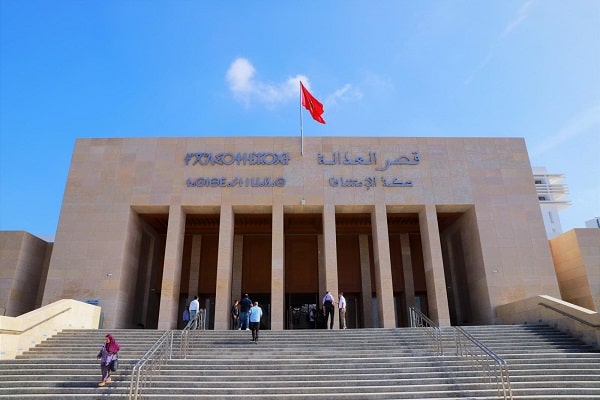Category: Detention
-
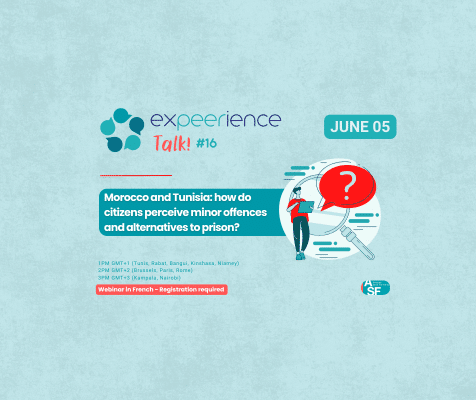
ExPEERience Talk #16 – Morocco and Tunisia: How Do Citizens Perceive Minor Offences and Alternatives to Prison?
In Morocco and Tunisia, criminal laws continue to punish behaviour linked to precariousness, marginalisation, or activism. As part of the Campaign to Decriminalise Poverty, Status and Activism, Avocats Sans Frontières (ASF) has conducted two national surveys (in Morocco and Tunisia) on the perception of minor offences and alternative sentences. To share these surveys, ASF invites…
-
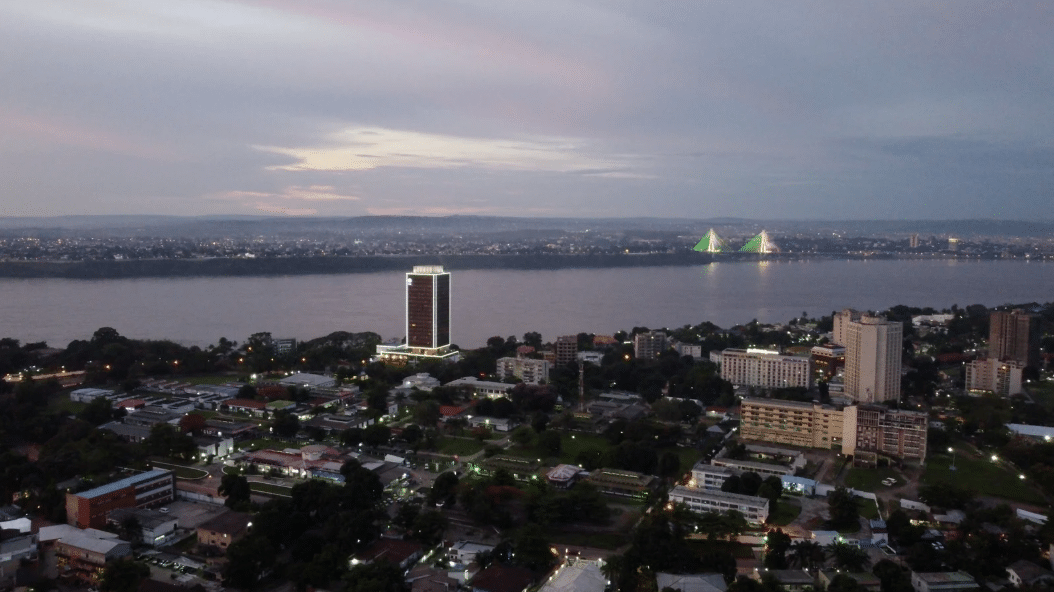
Logic of pre-trial detention in the DRC: In Kinshasa, the use of the penal system to the detriment of law enforcement
ASF has published a study entitled Pratiques et logiques sociales du placement en détention préventive à Kinshasa (Practices and social logics of remand in custody in Kinshasa), which looks at the discourse, practices and representations of public prosecutors in Kinshasa. Conducted from a legal anthropology perspective, the study’s conclusions are clear: far from being limited…
-
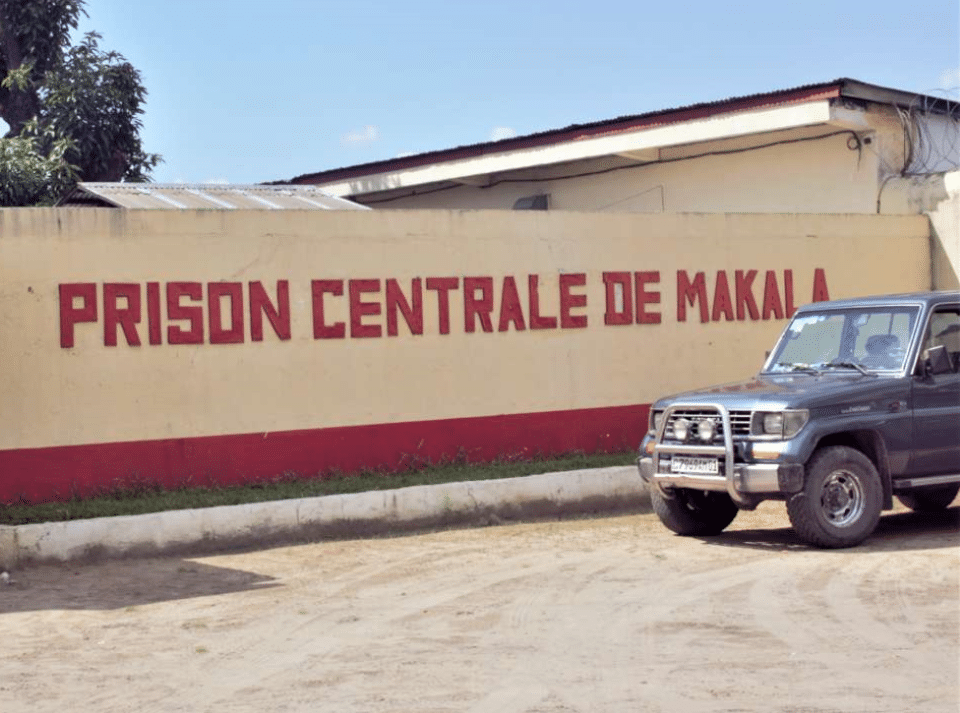
Democratic Republic of Congo – The Makala prison tragedy of 2 September 2024: Chronicle and causes of a foreseeable tragedy
On 2 September, 129 prisoners were killed in Makala prison in tragic events that we still struggle to qualify. In the midst of this chaos, 268 of the 298 women imprisoned at Makala were victims of rape. This tragedy was foreseeable and is unfortunately not an isolated case in the country. ASF and its partners…
-

Morocco – Decriminalising drug use to relieve prison overcrowding and provide better support for users
In Morocco, drug use is still governed by a law dating back to 1974: Dahir No. 1-73-282. Article 8 punishes the use of any substance or plant classified as a narcotic. It provides for a sentence of 2 months’ to one year’s imprisonment and a fine of 500 to 5,000 dirhams (around USD 50 to…
-
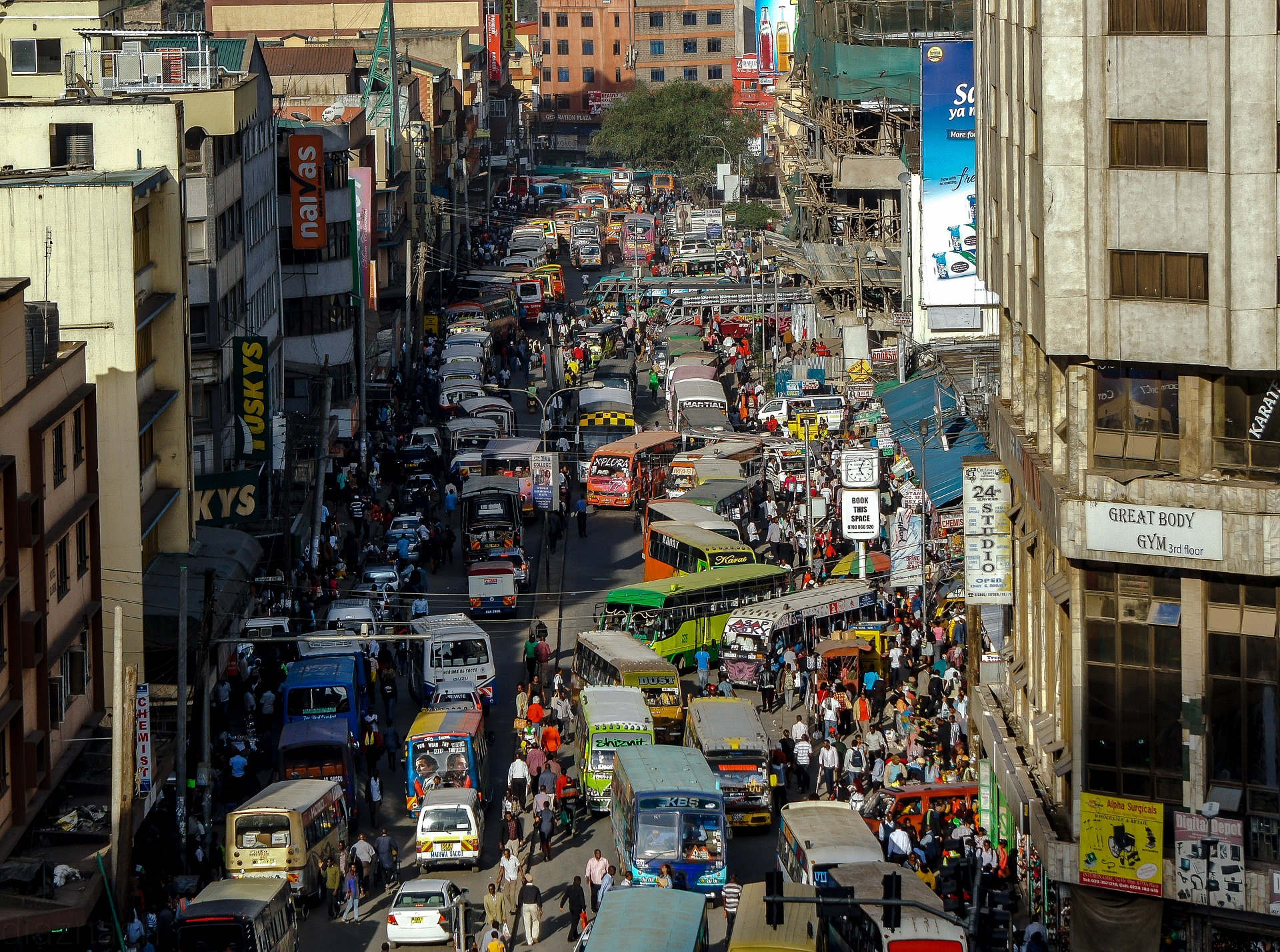
Legal aid in Kenya: Tracing the evolution, progress and gains
The journey towards establishing a comprehensive legal aid system in Kenya has been long and winding, but due to advocacy efforts by civil society organizations, including ASF’s partner in Kenya, the Legal Resources Foundation Trust (LRF), it culminated in 2016 in the enactment of the Legal Aid Act. In this article, we discuss the progress…
-

Tunisia: People in migration threatened by the rise of discriminatory rhetoric and policies
Because of its geographical position and proximity to the European coast, Tunisia has long been considered a major transit country for sub-Saharan migrants. However, heightened security measures and the militarization of the European Union’s borders, as well as border outsourcing policies, have meant that Tunisia has become a country of settlement for many people in…
-
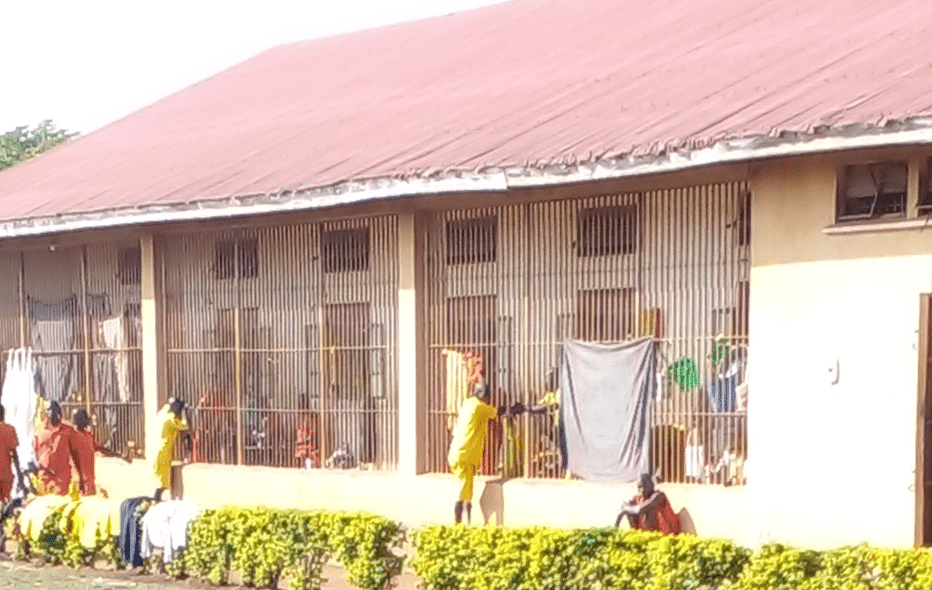
Uganda – Knowledge, attitudes and practices on pre-trial detention
ASF just published a report that explores the level of knowledge, the attitudes and practices of key stakeholders towards pre-trial detention under the criminal justice system in Uganda. It sheds light on the root causes of violations of procedural and constitutional rights. With this evidence base, the report provides recommendations for action and positive reforms…
-
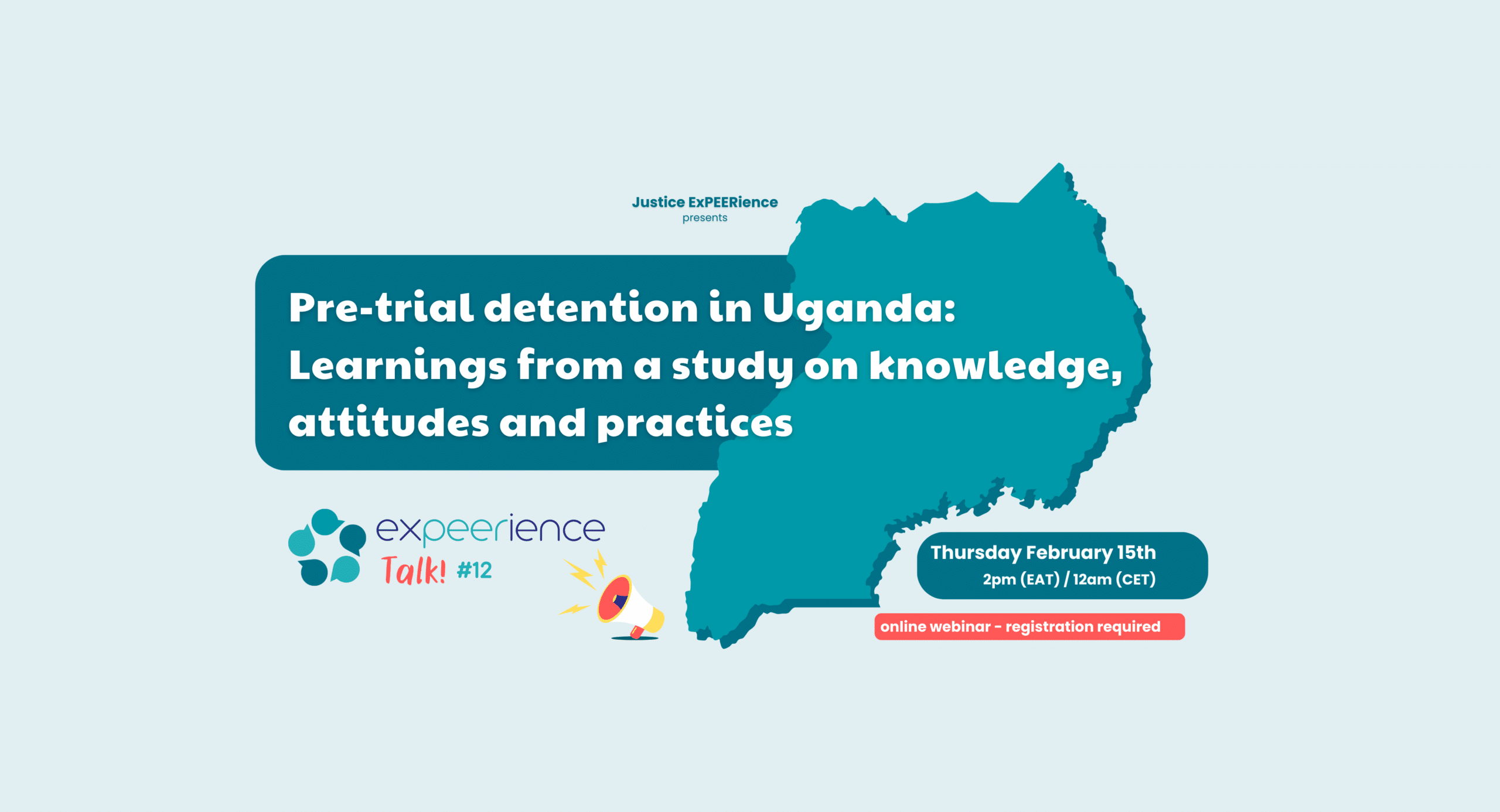
ExPEERience Talk #12 – Pre-trial detention in Uganda: Learnings from a study on knowledge, attitudes and practices
During this ExPEERience Talk #12, ASF’s team in Uganda will present the resutlts of a soon-to-be-published report on knowledge, attitudes and practices about pre-trial detention in Uganda.
-
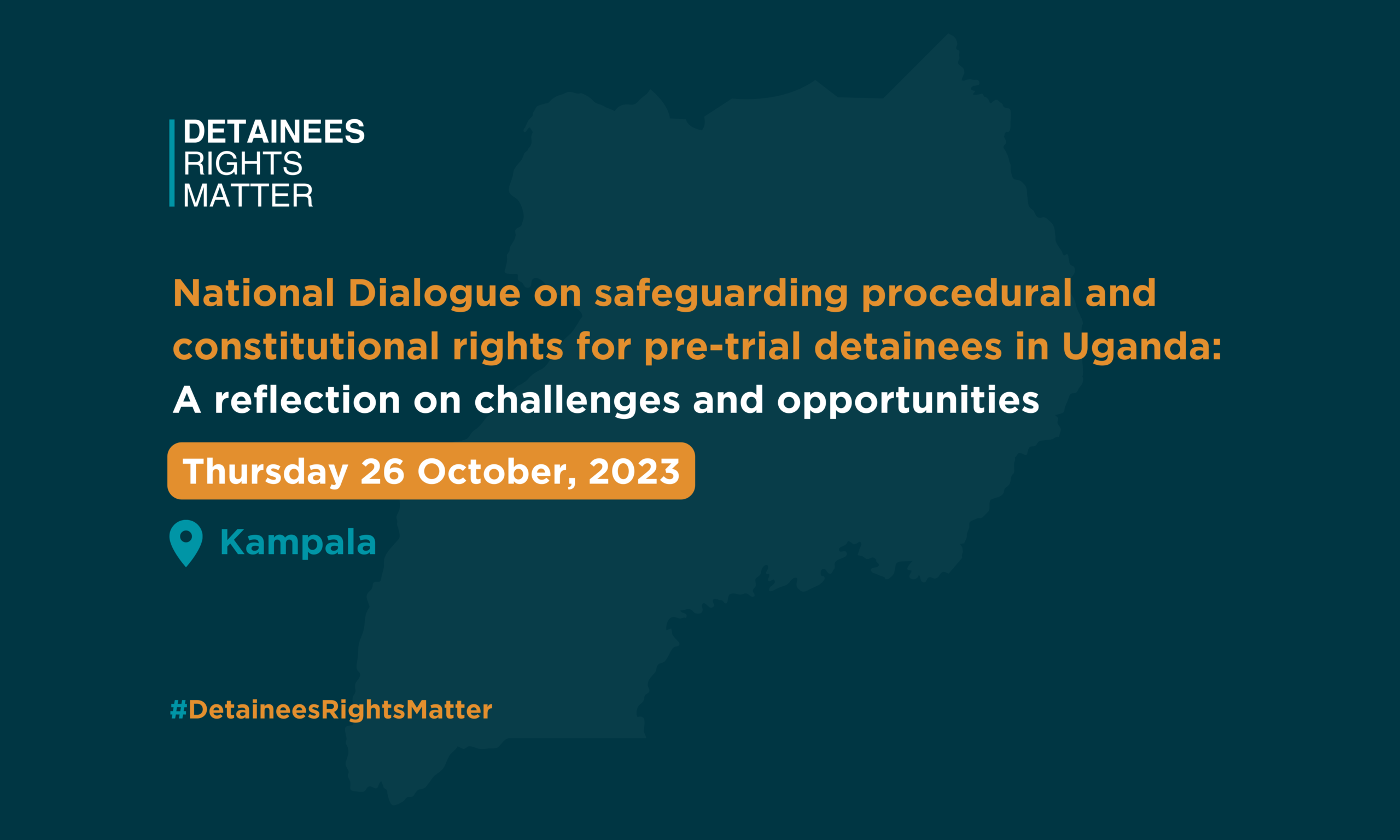
National Dialogue on safeguarding procedural and constitutional rights for pre-trial detainees in Uganda: A reflection on challenges and opportunities
This dialogue will bring together actors from Uganda police force, Uganda prison service, Judiciary, Office of the director of public prosecutions, parliament, members of civil society, academia, development partners, project advocates and paralegals. It will be an opportunity to address the challenges affecting the enforcement of procedural rights in the administration of criminal justice in…

